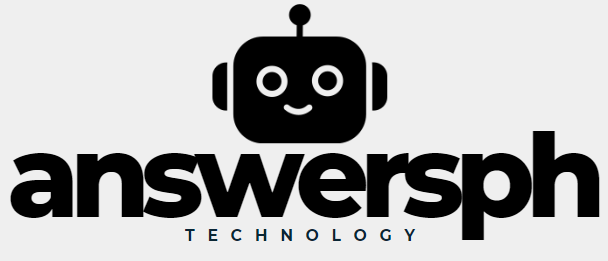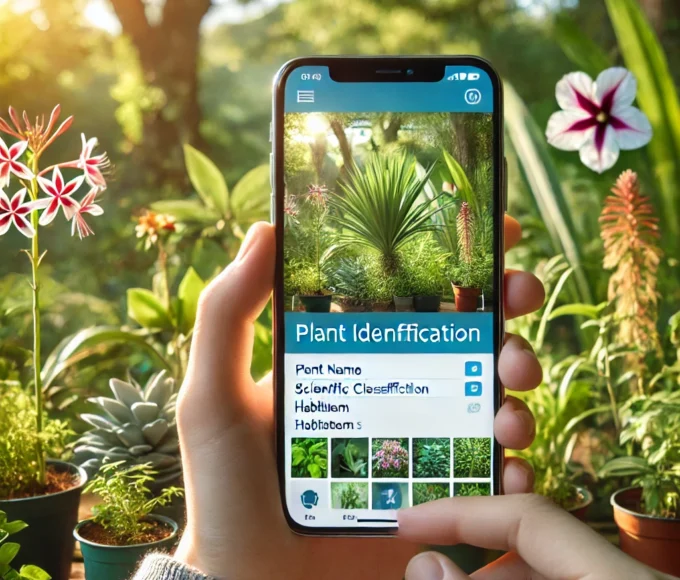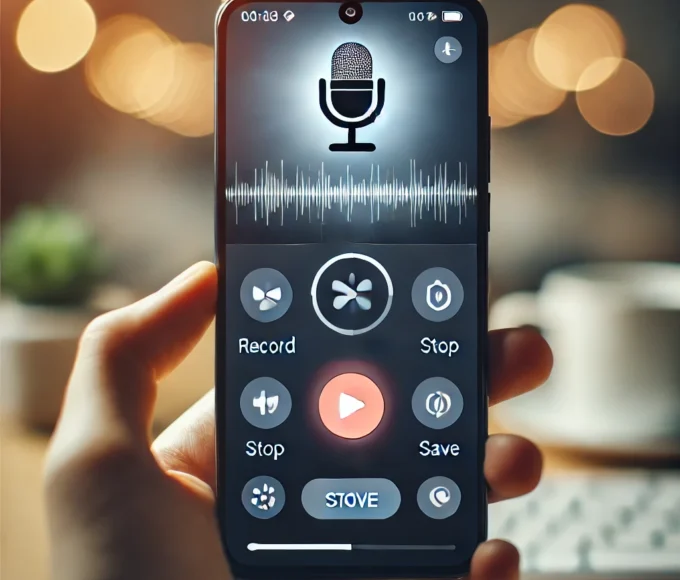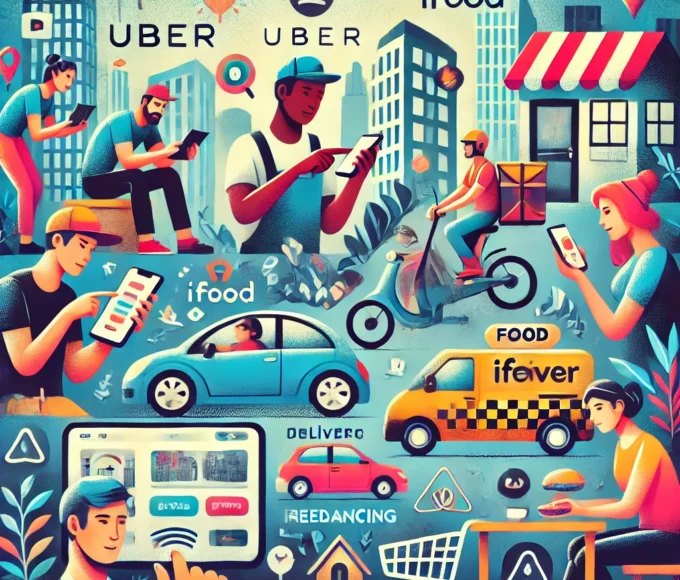In the digital age, the way we interact and search for partners has changed dramatically. In the past, finding a “soulmate” involved meeting people through friends, social events or workplaces. However, with the advent of the internet and, more recently, dating apps, this search has expanded to the virtual environment. Today, millions of people around the world use these apps to find a partner, and the idea of meeting a soulmate through a smartphone has become commonplace.
The Dating Revolution: How Apps Changed the Game
Dating apps like Tinder, Bumble and Happn emerged as a response to the modern need to optimize time and expand social circles. With life becoming increasingly busy and technology becoming an integral part of everyday life, people began to look for practical solutions to find love.
What sets dating apps apart from traditional methods is the speed and efficiency with which you can meet new people. With just a few taps on the screen, users can view profiles, chat and arrange dates, all without leaving home. This ease, combined with the wide variety of profiles available, offers a unique opportunity for those looking for a compatible partner.
The Pros and Cons of Dating Apps
Advantages
- Wide Network of Contacts: One of the biggest advantages of dating apps is the ability to meet people from different places and backgrounds. This significantly increases the chances of finding someone compatible, something that would be much more difficult in limited social environments.
- Efficiency and Time Saving: For those with busy schedules, apps offer the convenience of looking for relationships in their free time, without the need to dedicate long hours to face-to-face meetings with no guarantee of success.
- Custom Filtering: Many apps allow you to customize filters based on age, location, interests, and values, which can help you find people who share your expectations and life goals.
- Openness to New Experiences: Dating apps also encourage people to step out of their comfort zone, allowing them to interact with individuals they otherwise wouldn't meet.
Disadvantages
- Superficiality of Connections: One of the main challenges is the tendency towards superficiality, as many apps rely on photos and brief descriptions, which can lead to quick judgments and meetings based on appearance rather than real affinities.
- Emotional exhaustion: Having too many options can lead to frustration and a feeling of “dating fatigue.” Additionally, the possibility of repeatedly failing dates can affect self-esteem and create insecurity.
- Unrealistic Expectations: The idea that there is a perfect “soulmate” can create unrealistic expectations about the ideal partner. This can lead to disappointment when the person we meet does not match this idealized image.
- Security and Privacy: As with any online platform, there are risks associated with security and privacy. It is possible to encounter fake profiles or people with bad intentions, requiring users to be extra careful when sharing personal information and scheduling dates.
Apps That Promise Deeper Connections
Despite the challenges, many apps have specialized in offering experiences that go beyond superficial first impressions, seeking to create deeper and more meaningful connections. Some of the most notable include:
- eHarmony: Known for its detailed compatibility questionnaire, eHarmony seeks to bring people together based on shared values and interests, fostering long-term relationships.
- OkCupid: This app allows users to answer questions on a wide range of topics, which helps match profiles based on emotional, intellectual compatibility, and values.
- Coffee Meets Bagel: Focused on quality over quantity, this app sends you a small selection of potential matches daily, with the goal of encouraging more meaningful, less superficial connections.
The Future of Online Dating
As technology continues to evolve, dating apps are also adapting to new user demands. With the advancement of artificial intelligence and increasingly sophisticated algorithms, the promise of finding your soulmate could become even more realistic.
In the future, apps are likely to incorporate technologies such as augmented reality (AR) and virtual reality (VR), enabling virtual encounters in three-dimensional environments. Additionally, behavioral data analysis can help better predict compatibility and avoid matches that are unlikely to work out.
Conclusion: Finding Your Soulmate in the Digital Age
Dating apps have profoundly transformed the way we connect and find partners, offering new opportunities and challenges. While there are drawbacks, such as superficiality and privacy risks, the advantages, such as expanding the social circle and personalizing the search, make these apps a valuable tool for those looking for a soulmate.
The secret to success in online relationships is to use these platforms wisely, balancing expectations with reality and always prioritizing safety and emotional well-being. After all, even in the digital age, true love remains one of the greatest goals in human life, and dating apps are just another tool in this journey.







